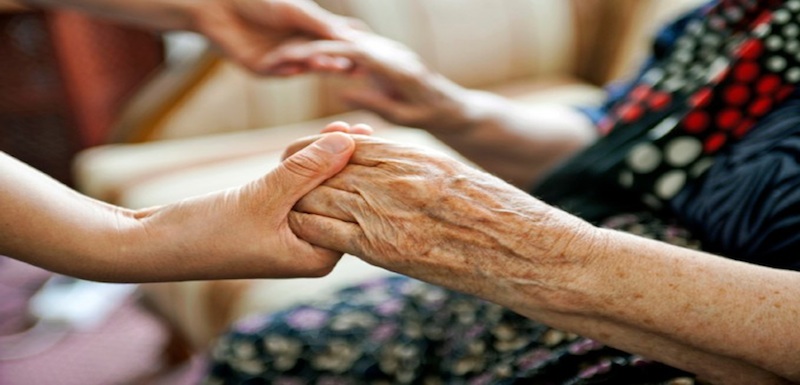Falls in the elderly are recognized as a major public health problem and the fear of falling has been focused recently in the scientific research.
Fear of falling can be presented in two distinct formats:
- A protected behavior: when the elder person had conscience about the concrete difficulties related to sensorial deprivation, age-related physical limitations or related to pathologies, among other factors such as environment limitations. In this case, this fear was the resulted of a coping strategy being proportional with the real risk of fall. In this case, the fear of falling does not influence negatively the wellbeing of the person, representing an adaptive answer to particular environments and situations [3].
- Fear of falling with the format of a syndrome: it can be considered by the observation of a "low perceived self-efficacy at avoiding falls during essential non-hazardous activities of daily living"[1]. Their implications are serious since this fear promotes unnecessary restrictions in the daily living activities, and in result, an increase of the dependency and need of care [2]. Fear of falling syndrome affects the person in many life areas with psychological, physical and social negative repercussions. In some cases, the fear of falling can cause the same or even more disability than the real fall situations.
For the caregivers, falls and the fear of falling syndrome are important stressing factors that cause negative repercussions in the caregiving role and increase the need of care attention [3].
The Discover e-learning zone provides support for the caregivers with tangible information oriented to the reduction of falls incidents and the improvement of the feeling of control. It informs about the risks and how they can reduce or face them. In this virtual case, you can observe the common situations that favor falls incidents and learn positive behaviors through some tips, suggestions and other web resources. Increase the self-confidence with the reduction of the risk factors, the encouragement of the positive life habits will stimulate the independence of the person that you care for, as well as your wellbeing and a better quality of life for both. You can access the activities endorsed by the Virtual Case Creator Falls, a virtual scenario that uses interactive tools to give you more information about this topics.
[1] Tinetti, M.E., Falls, in Geriatric Medicine, C.K. Cassel, Editor 1990. p. 528-534.
[2] Deshpande, N., et al., Activity Restriction Induced by Fear of Falling and Objective and Subjective Measures of Physical Function: A Prospective Cohort Study. Journal of the American Geriatrics Society, 2008. 56(4): p. 615-620.
[3] Kaprio, J., et al., Fear of Falling in relation to sensory impairments, mobility and falls in older women [Abstract]. Aging Clinical and Experimental Research, 2011. 23(1): p. 221.


